Keywords: Gifts
There are more than 200 results, only the first 200 are displayed here.
-
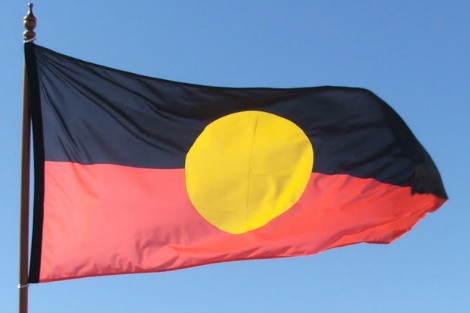
AUSTRALIA
- Brian McCoy
- 26 January 2016
5 Comments
Every time I cross Sydney Harbour by train heading to the North Shore I look for the Aboriginal flag that flies from the top of the Jesuits' St Aloysius' College at Milsons Point. It was first raised on 25 January 1988, on the eve of the Australian Bicentenary, to mark the final day, 200 years previously, that Aboriginal people had complete freedom to their lands and customs before the arrival of the First Fleet.
READ MORE 
-
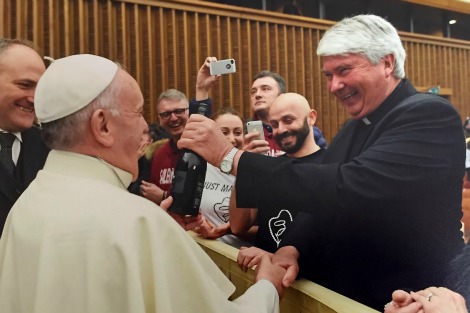
RELIGION
- Frank Brennan
- 25 January 2016
22 Comments
Hailing from Argentina, Francis puts his trust neither in ideological Communism nor in unbridled capitalism. We need to enhance international security, building the rule of law within multilateral organisations, and fostering the climate for investment sensitive to the triple bottom line - economic, social and environmental. I return from Rome grateful that we have a pope prepared to open these questions, accompanied by senior prelates happy to mix it with business and community leaders.
READ MORE 
-
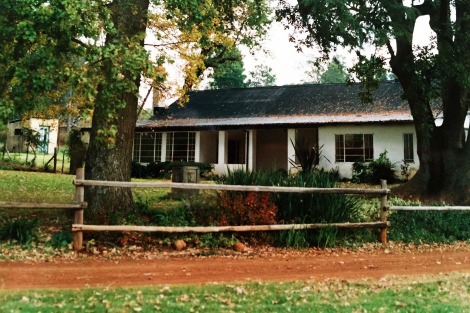
MEDIA
- Catherine Marshall
- 18 December 2015
4 Comments
On her last Christmas, my mother produced a Christmas dinner for 14 people on an ancient anthracite stove in the kitchen of the farmhouse I'd recently moved to. Nothing could distract her from the preparation of this Christmas lunch on a stove that was built last century - except for the pain that had been growing for some months just beneath her ribs. As she stirred the stock and pressed cloves into the ham I saw a wave of discomfort wash over her. It was uncharacteristic and unnerving.
READ MORE 
-

AUSTRALIA
- Andrew Hamilton
- 03 December 2015
15 Comments
A cyclist since my youth, I was intensely annoyed when campaigners first tried to enforce cycle helmets. I loved the wind rushing through my hair, and believed my safety could be left to my responsibility. Others might have wondered if I overestimated my sense of responsibility. It was hardly compatible with the practice of never applying the brakes when going down hills on country roads, or with the view that traffic rules applied only to cars. Later, I came to see that individual freedom must be considered in its context of human relationships.
READ MORE 
-
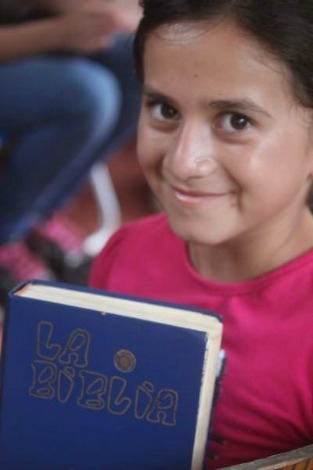
RELIGION
- Beth Doherty
- 29 October 2015
28 Comments
We can assume that despite the recent Synod's focus on families, most of the voters have never had any involvement in raising families, and certainly not of experiencing pregnancy and childbirth. None have directly dealt with an abusive spouse, struggled to regulate family size, questioned whether to stay in an unhappy marriage, or dealt with a child identifying as gay, lesbian or transgender. Last year, I spent time working in a parish in Paraguay, where, unlike the church more broadly, women run the show.
READ MORE 
-
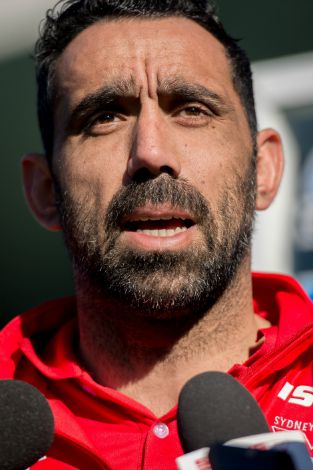
AUSTRALIA
- Michael McVeigh
- 23 September 2015
10 Comments
No matter which story about Goodes a person chose to believe, the fact that the booing had such a profound personal effect on him should have at least given spectators pause. As I've written before, if someone continued to boo Goodes after everything that had been said they were at best a bully, and at worst wilfully perpetuating racism. That the boos continued right up until the last game of Goodes' career is an indictment on all AFL fans.
READ MORE 
-

ARTS AND CULTURE
- Graham Kershaw
- 22 September 2015
1 Comment
I dreamt of a family escaping through pines, over the crest of a forest, young and old struggling down to the shore of a great cold lake, their only hope of escape; no boat was there, but the strong might try to carry the old, at least, if they cared enough. And it made me want to simply run away, to escape the brain-ache of not doing what we are best made to do.
READ MORE 
-
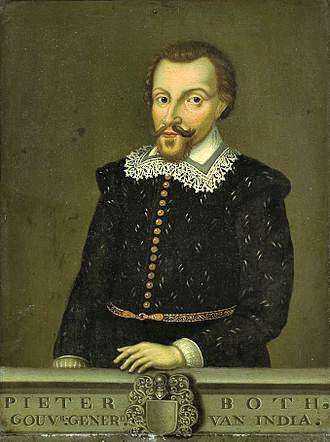
ARTS AND CULTURE
- Bernard Appassamy
- 16 September 2015
4 Comments
400 years ago, when Mauritius was still uninhabited, a cyclone thrust three tall ships of the Dutch East India Company against the coral reef. As the ships were ripped apart and thousands of Ming porcelain pieces on board smashed, the crew fought for their lives, but 75 men including the fleet commander Admiral Pieter Both, drowned. I picture that Sunday afternoon in the 1980s when my mother and I were wading in the water close to a familiar beach and found washed up shards of the porcelain.
READ MORE 
-
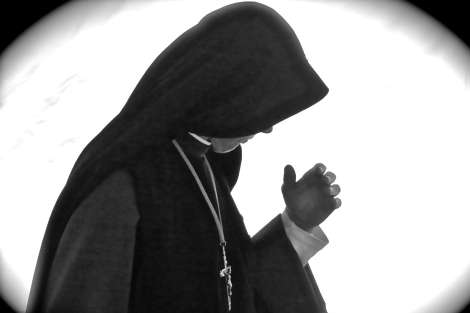
RELIGION
- Philomena van Rijswijk
- 12 August 2015
12 Comments
Our family life was fraught with conflict, centred on our parents' inability to cope with my father's serious mental illness. During the early years of her childhood, my sister was made my mother's intimate confidante. This was a time of anguish for Mum, about both her marriage and a series of tragic miscarriages. My sister left home when she was 14, and entered the juniorate on the way to becoming a nun.
READ MORE 
-
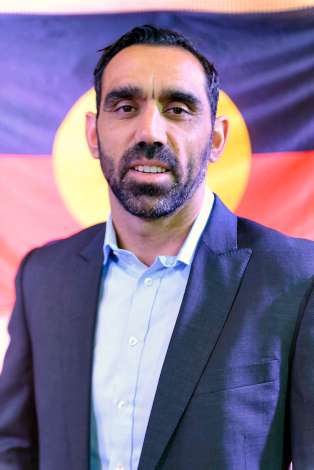
AUSTRALIA
- Michael McVeigh
- 29 July 2015
31 Comments
What is the difference between people who boo Goodes because they disagree with his statements on Aboriginality, and those who lined the streets of Selma to abuse Martin Luther King and his companions on their marches? What they are doing is designed to further marginalise and alienate Aboriginal voices brave enough to speak out against the status quo. The actions of those booing Goodes need to be called out for what they are - racism.
READ MORE 
-
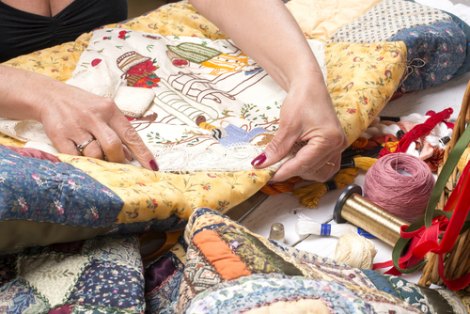
ARTS AND CULTURE
The fabric over your bed, a life of quilts made simple & held up ... of more than ninety years, taught generation to generation.
READ MORE 
-

AUSTRALIA
- Andrew Hamilton
- 28 May 2015
7 Comments
Tony Abbott's evocation of 'the tyranny of low expectations' invites more general reflection on education and public life. I believe that the Australian approach to education does indeed impose a tyranny of low expectations in the sense that the expectations are defined by economic achievement and its attendant wealth and status, and the goal for schools is success in enabling students to participate economically.
READ MORE 